This lecture series delves into the complex and often intertwined phenomena of antisemitism, Islamophobia, and racism in contemporary Europe. As xenophobic and discriminatory ideologies resurface and intensify across the continent, this series aims to critically examine the historical roots, present manifestations, and future implications of these forms of prejudice. Through interdisciplinary approaches, leading scholars, activists, and policymakers will engage in discussions on how social, political, and economic factors contribute to these biases, exploring their impact on communities and individuals.
SPRING LECTURE SERIES:
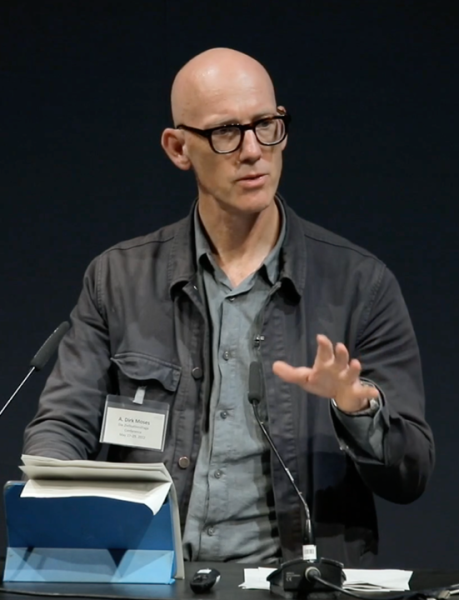
Feeling (Un)safe: Jews, Muslims and the German State Since October 7
Dick Moses, City College of New York
Thursday, March 13, 2025 I 4130 Posvar Hall I 4:00 PM - 5:15 PM
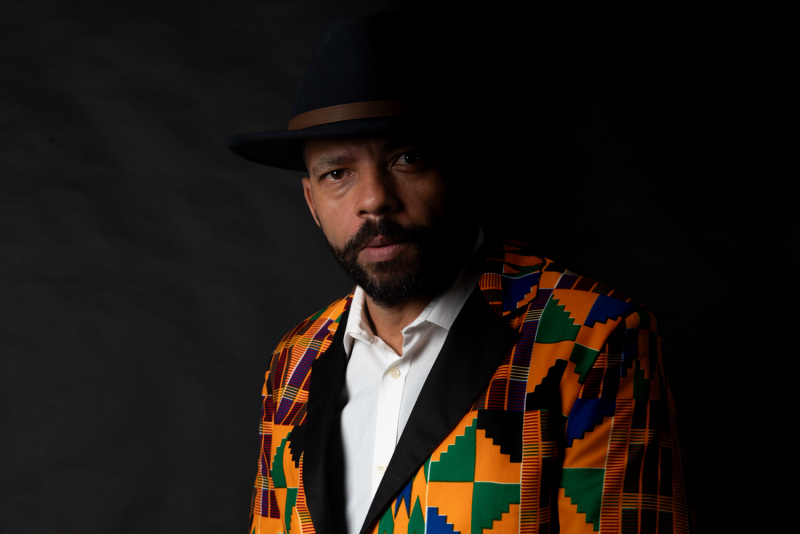
MEET AND GREET: Fred Kuwornu*
Director of We Were Here: The Untold History of Black Africans in Renaissance Europe
Thursday, March 27, 2025 I Global Hub I 3:00 PM- 4:00 PM
About the Director:
Fred Kudjo Kuwornu is a multi-hyphenate socially engaged artist, filmmaker and scholar whose work is deeply influenced by his background as a person of African descent. Born and raised in Italy, Kuwornu is based in New York. His unique background is reflected in his triple citizenship, holding Italian, Ghanaian, and U.S. passports. By consistently bridging the past and present, the hegemonic and subaltern, the seen and unseen, Kuwornu's practice emerges as a vital contribution to contemporary visual culture, understanding the complex interplay between history, identity, race, and representation in our globalized world. Kuwornu's curatorial vision can be understood as a form of historical remixing in which he reconfigures archival materials and contemporary narratives to enlighten a rethinking of perspectives. His works have been exhibited at prestigious venues including the Central Pavilion at the Venice Art Biennale (2024), Museum of Moving Image in New York, Library of Congress, Museum of Fine Arts, Houston, George Eastman Museum and numerous international film festivals. More info: https://www.fredkuwornu.com
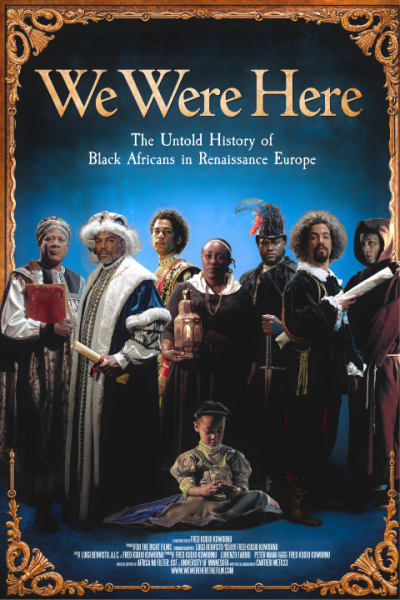
FILM: We Were Here: The Untold History of Black Africans in Renaissance Europe*
Director: Fred Kudjo Kuwornu (Present for Q &A)
Thursday, March 27, 2025 I 125 Frick Fine Arts Building I 5:00 PM
About the Film: We Were Here - The Untold History of Black Africans in Renaissance Europe, exhibited in the Central Pavilion directed by Adriano Pedrosa at the 60ᵗʰ International Art Exhibition of the Venice Biennale, sheds light on the overlooked presence of African and Black individuals in Renaissance Europe, highlighting their depiction in masterpieces by some of the era’s most celebrated artists. How did they come to Europe? Why were they portrayed? Were they truly all servants or slaves? If the Black faces portrayed in these Renaissance masterpieces could speak, what would they tell us? More Info: https://www.wewereherethefilm.com
* Special acknowledgement of co sponsors below.
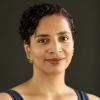
Workshop:Transmediating Blackness in Early Modern France *
Noémie Ndiaye, University of Chicago
Tuesday, April 1, 2025 I 3:30 PM - 5:00 PM I Humanities Center, 602 Cathedral of Learning
Lecture: Inventing Racial Whiteness: Early Modern Playbooks of Racial Triangulation
Noémie Ndiaye, University of Chicago
Wednesday, April 2, 2025 I William Pitt Union I 1:30 PM - 3:00 PM
Note: For the Workshop: Readings in French and English to be circulated in advance. The workshop will be conducted in English. For readings, please contact Choé Hogg at hoggca@pitt.edu
Noémie Ndiaye is an Associate Professor of English Literature at theUniversity of Chicago with a coterminous appointment in the department ofRomance Languages and Literatures. She works on early modern English,French, and Spanish theater with a critical focus on race. Her first monographScripts of Blackness: Early Modern Performance Culture and the Making of Race(University of Pennsylvania Press 2022) shows how performance culturehelped strategically turn blackness into a racial category across early modernWestern Europe. Scripts of Blackness won the 2023 Bevington Award (Medievaland Renaissance Drama Society), the 2023 Rose Mary Crawshay Prize (TheBritish Academy), the 2023 Shakespeare’s Globe Book Award (Shakespeare’sGlobe Theatre), the 2022 George Freedley Memorial Award (Theatre LibraryAssociation), the 2023 Aldo and Jeanne Scaglione Prize for ComparativeLiterary Studies (Modern Languages Association) and the 2024 First BookAward (Shakespeare Association of America). Ndiaye is the co-editor, with LiaMarkey, of Seeing Race Before Race: Visual Culture and the Racial Matrix in thePremodern World (ACMRS Press 2023), which won the 2024 PROSE Award inthe “Art Exhibitions” category from the Association of American Publishers.She has published articles in Shakespeare Quarterly, Renaissance Quarterly,Renaissance Drama, Early Theatre, English Literary Renaissance, LiteratureCompass, Thaêtre, and in various edited collections.
Refreshments will be provided
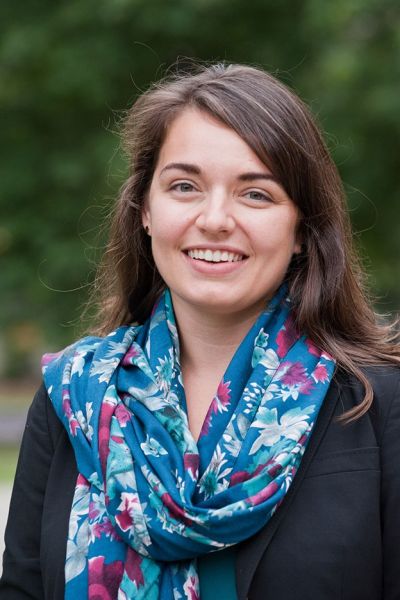
From Secularism to Public Order: Identity Politics and the Idea of Muslim Solidarity in France
Kirsten Wesselhoeft, Vassar College
Wednesday, April 2, 2025 I 4303 Posvar Hall I 4:30 PM
2024 FALL SPEAKERS:
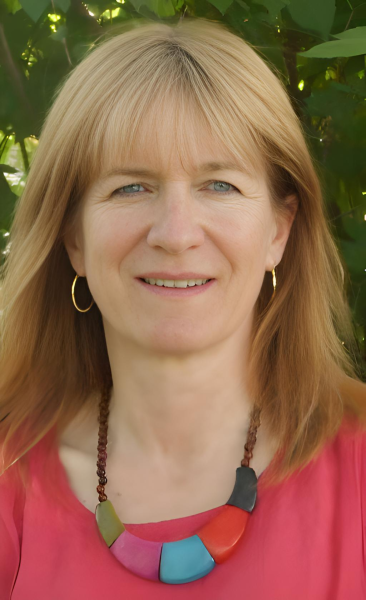
How Does One Become Racist?
Carole Reynaud-Paligot, Centre d'histoire du XIXe siècle - Université Paris 1
Tuesday, Sept 24, 2024 I 4900 Posvar Hall @ 4:00 PM ET

Europe's Other Jew and Muslim: Past and Present
Farid Hafez, Assistant Teaching Professor of International Relations, College of William & Mary
Monday, October 21, 2024 I 4130 Posvar Hall @ 1:00 PM ET
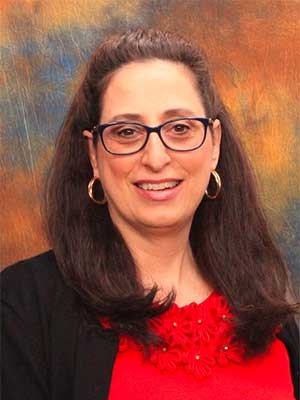
Cycles of Hate: The EU’s Combating Antisemitism Policy from 2015 till today
Carolyn M. Dudek, Hofstra University
Monday, November 11, 2024 I WPU, Lower Level @ 4:00 PM ET
Co-Sponsors:
African Studies*
Center for Africana Studies*
Center for Ethnic Studies Research*
Center for Black European Studies and the Atlantic, Carnegie Mellon University *
Dietrich School of Arts and Sciences*
Department of French and Italian*
Department of History of Arts and Architecture*
Department of German
Department of Religious Studies*
Early Modern Worlds*
Film and Media Program*
Jewish Studies Program*
Medieval and Renaissance Studies Program*
European Studies Center*
University Center for International Studies*

